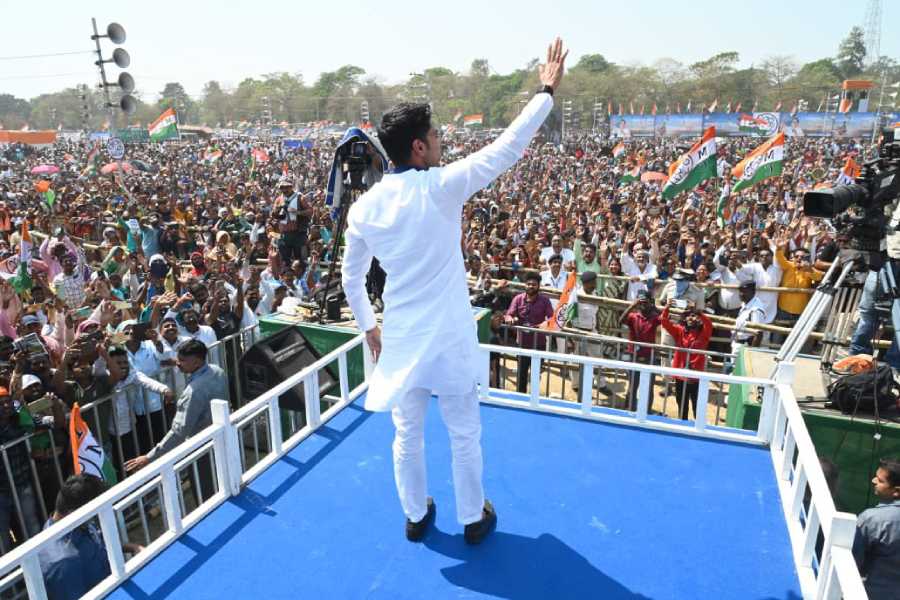I read the news of a prominent business house based in Bengal taking over the famous Mohun Bagan Club. Mohun Bagan Club is 130 years old, established in 1839 and one of the oldest football clubs in India and Asia. Mohun Bagan’s biggest rivalry with another city club East Bengal is historical.
In my childhood days, my neighbourhood was full of Mohun Bagan supporters, called ‘Gotis’ who belonged to West Bengal. Their arch-rival was East Bengal Club, supported by Bengali refugees from the other side of the border, then called East Pakistan.
Festoons of green and maroon of the Mohun Bagan or red and yellow of East Bengal would proclaim their respective territories, which neither would infiltrate. ‘Adda’ at the road corner shops would endlessly discuss the health, speed, skill of individual players and their ‘formations’ in the field. Discussion on a ‘right-out’ or a ‘left-back’ could take hours of arguments.
Come the day of the reckoning, as batches after batches would invade the grounds, in buses and trams, but each carriage carrying supporters of a specific team, their allegiance known from the fluttering flags tied to the front of the vehicles and waved from every window of the over-crowded trams and buses. Gongs and conches were common as were tashas, the flat drums. Cricket was limited to transistors as the TVs had not made their way into our country and it was the football which was the plasma of the Bengali blood.
There could be but one victor, which was announced by exited commentators in their feverish cracked voices, tearing the skis into frenzied ecstasy. Gongs in our locality would come alive as the ladies in household blow conches the moment a goal was scored. The supporters of the winning team had the right of way to occupy every tram, bus, truck and those three-wheeled tempos, as the supporters of the vanquished team would walk in wobble like they have lost a near or dear and in mourning.
I am a vegetarian but would wait the next morning for a fish vendor, who would visit our locality with deep-discounted ‘ilish’ fish, in the event of a loss of East Bengal. He would rue, “I was hundred per cent sure that my team would win, in which case I would not have had a single piece of fish left unsold. Now I am forced to off-load it for a third of its price.”
The next week’s topic of discussion would only revolve over either Shyam Thapa’s bicycle shot or Shabir Ali’s one-touch football. No repetitions were boring as discussing the moves minute-by-minute each time was a perpetual and eternal thrill. The tea shop owners or restaurants would split a cup of tea into two earthen cups and show their love of sports by keenly watching our debates and participating wherever they could.
In the then world devoid of religious extremes, but politically sensitive, the world of soccer united a turbulent Bengal, in which Mohun Bagan and East Bengal played a significant role.
Despite appealing terms like merger or assimilation with a business house’s club ATK is called, the Mohun Bagan stands sold, like many other unparalleled virtues of this hapless state.
Sampath Kumar
Intrépide Voix



